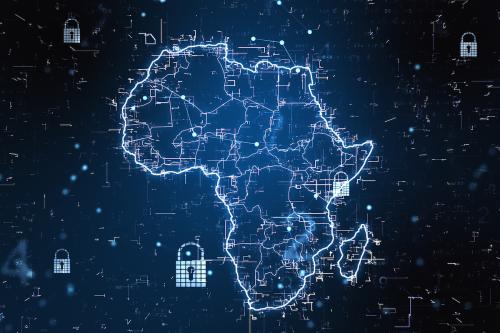The Electrify Africa Act Passes Committee in the U.S. House of Representatives
The Electrify Act 2014 (H.R. 2548) passed the House Foreign Affairs Committee on Thursday this week. The bill complements President Barack Obama’s Power Africa project in increasing U.S. support for access to electricity in sub-Saharan Africa. The bill’s main goal is to provide government-backed credit to the private sector in order to deliver first-time access to power for 50 million people in the region. A lack of power currently impedes not only economic development in sub-Saharan Africa, but education and health delivery as well. Congressmen Ed Royce (R-CA) and Eliot Engel (D-NY) introduced the legislation that garnered bi-partisan support. One opposing voice was Congressman Mo Brooks (R-AL) who felt it is an inappropriate use of taxpayer resources. However, the bill plans to avoid increased costs to taxpayers by leveraging funds from the private sector.
Donors Begin to Withdraw Aid from Uganda in Response to Anti-Gay Legislation
On Monday President Yoweri Museveni signed Uganda’s Anti-Homosexuality Bill into law. The Ugandan president made this move in the face of international pressure against the anti-gay legislation. Although Uganda relies on donor funding for about 20 percent of its budget, Museveni seems prepared to face a Uganda without Western aid. Three European Union donors (Denmark, the Netherlands and Norway) pulled their official development assistance from the East African country, and the World Bank followed with a delay in issuing a $90 million loan intended for improvement of health services. The Ugandan shilling also took a hit after Western donors pulled out, dropping to its lowest level since 2012, and U.K. businessman Richard Branson has called for a boycott of Ugandan business. Secretary of State John Kerry called Museveni yesterday to discuss the legislation and warned the president about the negative impacts of the law on human rights, health and economic interests.
Violence Attributed to Boko Haram Increases in Nigeria
February has been a fairly gruesome month in terms of Boko Haram-related violence in Nigeria, with a death toll of approximately 300 people. The attack on the Federal College of Buni Yadi on Tuesday prompted the Muslim Civil Society Group to question the Nigerian government’s strategy on Boko Haram. John Campbell provides an analysis of the current public sentiment on Boko Haram on the Africa in Transition blog. In addition to the school attack, 11 people were killed in a village siege in Adamawa state, one of the three states (along with Yobe and Borno) that remain in emergency status in northeast Nigeria.



Commentary
Africa in the News: Electrify Africa Act Passes Committee in the House, Donors Rescind Aid from Uganda in Response to Anti-Gay Legislation, and Nigeria Faces More Violence from Boko Haram
February 28, 2014